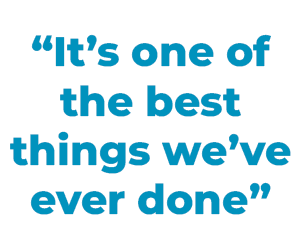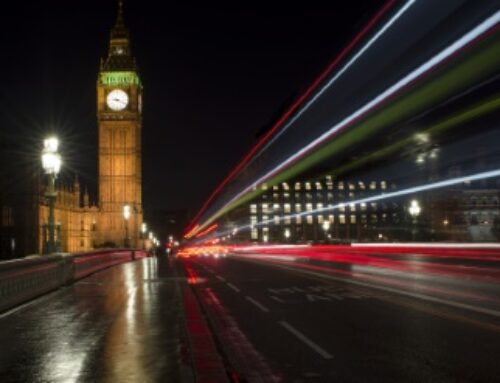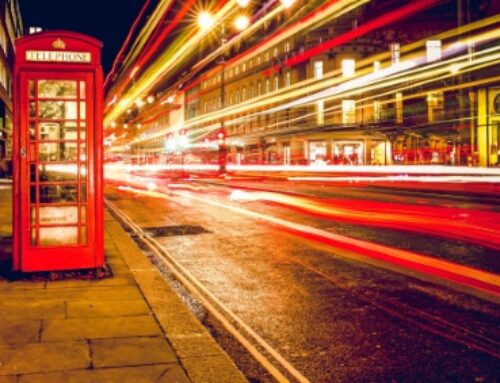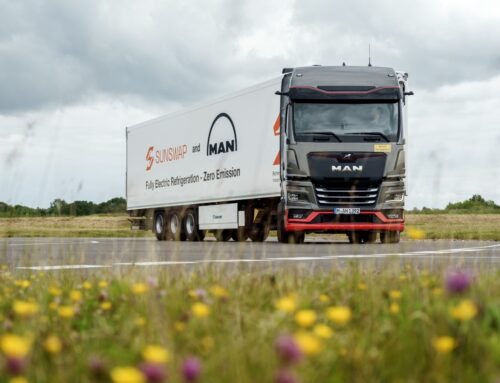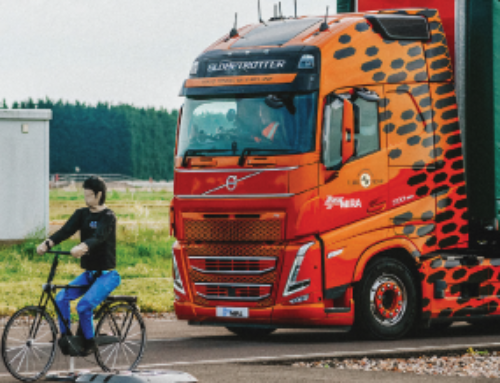Repowered RCV trials in Hampshire
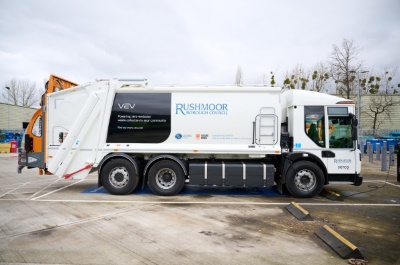 Three local authorities in Hampshire have introduced battery-electric repowered refuse collection vehicles into their fleets.
Three local authorities in Hampshire have introduced battery-electric repowered refuse collection vehicles into their fleets.
The initial pilot programme sees two Dennis Eagle RCVs retrofitted with battery-electric powertrains by converter Refuse Vehicle Solutions Ltd for Basingstoke and Deane, Hart and Rushmoor Councils.
E-fleet solutions provider VEV has supplied and installed charging infrastructure for the eRCVs, and deployed its bespoke fleet management platform, VEV-IQ, to track performance during the pilot. VEV-IQ will monitor multiple parameters throughout the pilot programme, including the eRCVs’ operational routes, charging schedules, power usage, and CO2 savings for the councils and operator Serco. The project builds on the initial electrification feasibility assessment conducted by VEV at Rushmoor. The pilot will demonstrate the significant emissions-and noise-reducing benefits of electric vehicle waste collection, along with the operational benefits of eRCVs, and establish the business case for Serco to electrify their refuse collection fleets.
Spencer Law, founder and CEO of Refuse Vehicle Solutions, said: “RVS is pleased to be working in collaboration with VEV to address the significant costs of fleet electrification faced by the waste industry. Since our launch of the e-One Electric Conversion in 2020, we’ve received overwhelmingly positive feedback from across the industry, affirming its pivotal role in shaping the future of sustainable waste management. Our pilot scheme is an excellent, risk-free opportunity to explore eRCV adoption with ongoing support, and ultimately to advance on essential net-zero objectives.”
The project is partnered by Serco Environmental Services. Regional director George Roach said: “Serco are proud to be partnering with VEV, RVS and Basingstoke and Deane, Hart and Rushmoor Councils for this pilot, which sees preloved diesel vehicles taken off the road and upcycled into low emission electric vehicles, supporting both our and the local authorities’ net carbon zero targets.”
The conversion uses an electric driveline provided by Dutch company Emoss, which is covered by a two-year warranty. The batteries are covered for five years or 3000 charges.


